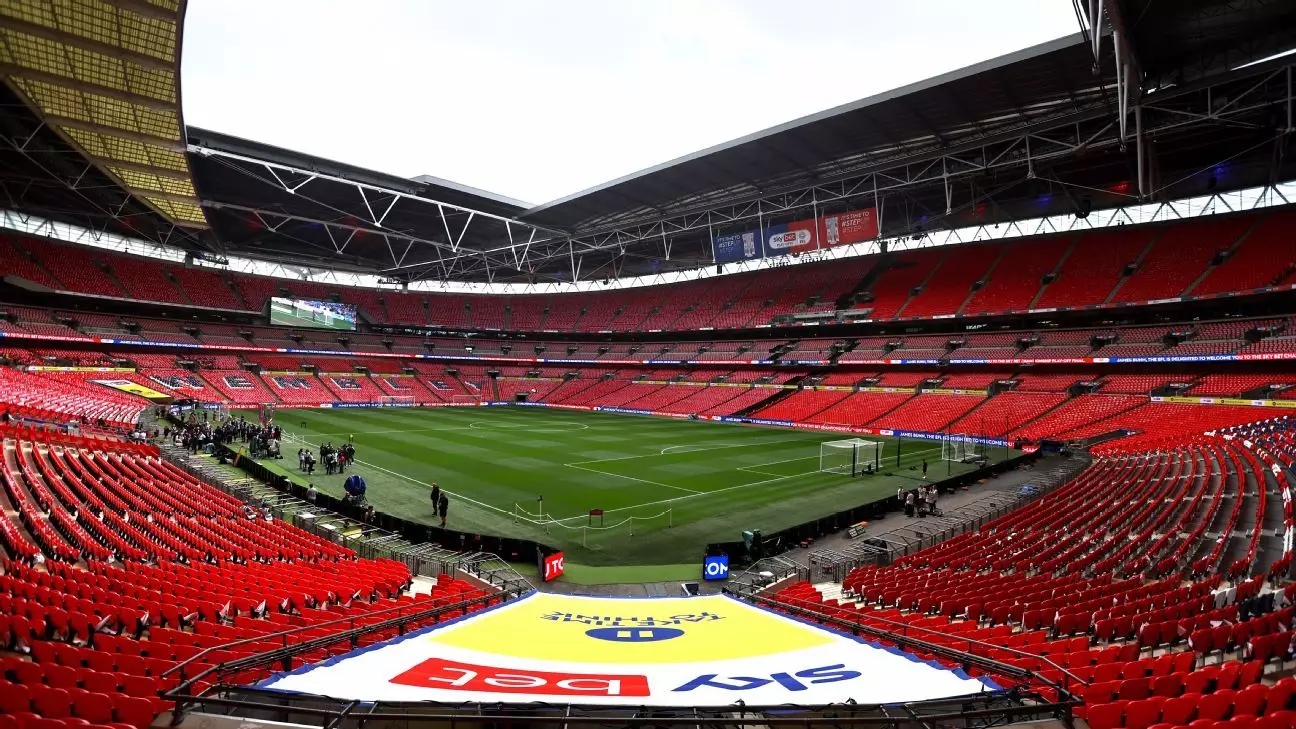The English football landscape stands on the brink of transformation with the introduction of the Football Governance Bill to parliament. This legislation paves the way for the establishment of an Independent Football Regulator (IFR), a crucial mechanism aimed at tackling the financial instability that has plagued both elite and grassroots clubs. The need for such oversight becomes starkly apparent when considering the alarming financial mismanagement and governance failures witnessed in recent years. As the proposed legislation prepares to navigate the parliamentary process, it remains essential to analyze what this regulatory body could mean for the future of football in England.
The emergence of the IFR is rooted in the need to foster financial sustainability and accountability across the football pyramid. The Department for Culture, Media & Sport (DCMS) emphasizes that this initiative fulfills governmental pledges and champions fan engagement, ensuring that clubs remain integral to their communities. High-profile figures, such as former Manchester United player Gary Neville, have vocalized their support, highlighting the widening chasm of inequality in the sport. It is argued that an independent regulator would serve as a stabilizing force, equipped to rein in rogue ownership practices and promote responsible club management.
The alarming events surrounding clubs like Bury and Macclesfield, which faced devastating financial collapse, underscore the urgent need for robust governance. These situations were not merely isolated incidents but rather manifestations of systemic flaws in football’s operational framework. The proposed regulator intends to mend these deficiencies by implementing rigorous financial oversight, thus fostering a healthier environment for the sport’s continued growth.
The incarnation of the IFR promises a suite of powers designed to enhance accountability in football. Chief among these is the ability to impose a club licensing regime that mandates adherence to specific operational standards. This license would serve not only as a measure of financial soundness but as a commitment to ethical management practices that align with the sport’s broader objectives.
Moreover, the regulator’s remit extends beyond mere financial oversight, advocating for enhanced fan participation in club governance. By ensuring that if clubs fail or suffer financial turmoil, the voices of supporters are included in key decisions, the IFR can act as a bridge between ownership and the fan base, ultimately reinforcing local ties and reducing the risk of disconnection.
Concerns from Established Institutions
Despite the potential benefits of a regulatory body, skepticism arises from established entities within the football ecosystem. The Premier League has expressed concern regarding the implications of implementing “banking-style” regulation, particularly regarding the potential overreach of untested powers. They argue that any regulatory framework must strike a balance, protecting the unique competitive nature of English football while still fostering accountability.
This position outlines the complex landscape in which the IFR must operate. It aims to navigate the myriad interests at stake, from lower league clubs needing protection to elite teams cautious of undue constraint. The challenge lies in ensuring that the regulator’s powers do not stifle the competitive spirit that has rendered English football a global phenomenon.
As the Football Governance Bill progresses through parliamentary debates, its introduction marks an important turning point for the sport. If carefully crafted and adequately enforced, the IFR could be the catalyst for a more equitable and sustainable footballing future. The goal remains clear: to safeguard the integrity of the game and its clubs while nurturing the invaluable relationship between fans and their teams.
Navigating this transformative journey requires collaboration among government bodies, clubs, and stakeholders at all levels. The conversations that unfold during this legislative process will be critical in shaping the future of English football and ensuring that the promises of a fairer, more accountable governance structure are fulfilled. The moments ahead could define the legacy of football in England, not just for the elite divisions but for every club that resonates with its local community.

Leave a Reply